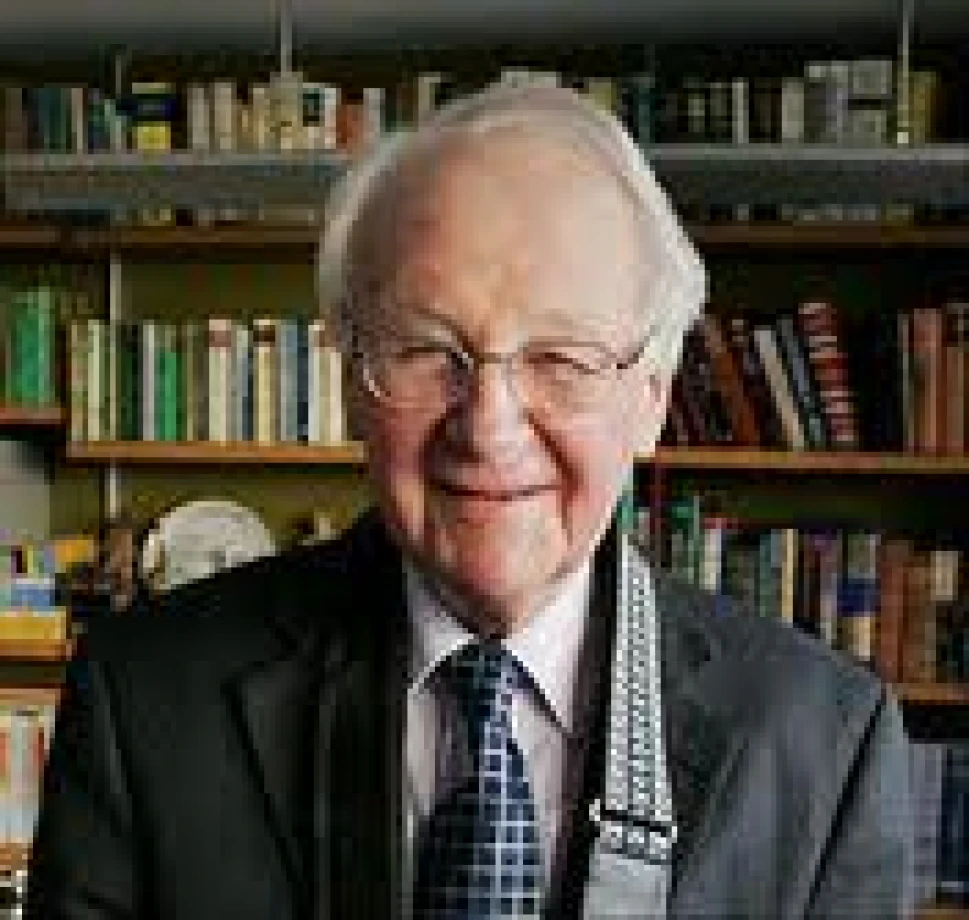Bishop Harold's tribute to John Stott
John Stott, after Billy Graham, is probably the most famous evangelical of my lifetime. His death is both a cause of great sadness at the passing of such a wonderful man of God, and the cause of great rejoicing for one whose whole life was devoted to his Saviour, and who now enters into the joy of the Lord. The very first booklet I was ever given to help me on the Christian road, literally days after my conversion, was Being a Christian by John Stott.
His entire ministry was in and around All Souls’ Church, Langham Place, in Central London, from which he influenced generations with his preaching and teaching. Strangely enough, just last week I worshipped at All Souls, still thriving and packed, because John Stott knew how to grow, and pass on the baton to, other younger ministers of the Gospel. I also visited a friend last week at St Barnabas’ Lingfield where John had spent his last years being cared for, and was probably known as ‘Father Stott‘!
For young evangelicals, and especially Anglican evangelicals, in their early years of discipleship and ministry, John Stott was a great encouragement. Here was a man who had devoted his entire life to ministry within the Church of England, but whose ministry was never to be contained in one denomination or country, because it was essentially Gospel ministry with a worldwide vision. His thinking was clear, his writings articulate and his judgements balanced. And, thank God, he has left a heritage in his writings, from solid Biblical commentary to deep theology and practical outworking of issues. He was a person of kindness, mannerliness and carefulness, not someone who was easy to get to know, but someone who, perhaps because of a degree of privacy and distance, was able to hold together and influence vast numbers of disparate evangelicals, and gain the respect of many beyond the evangelical fold.
John Stott was never to receive, or perhaps, never to accept, any church honours, apart from being a chaplain to the Queen. But he was one of those rare people whose overseeing was wider than any bishop, whose outreach was greater than most evangelists (How many copies of Basic Christianity have been published, and in how many languages?), and whose teaching reached wider than any professor. He was the key person in the growing evangelicalism in the Church of England in the second half of the last century and, please God, his influence will continue on beyond the grave.
+Harold
Down & Dromore
